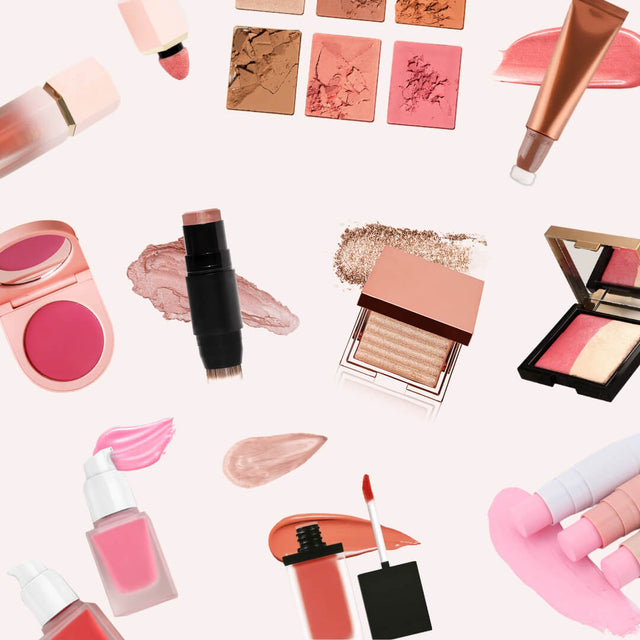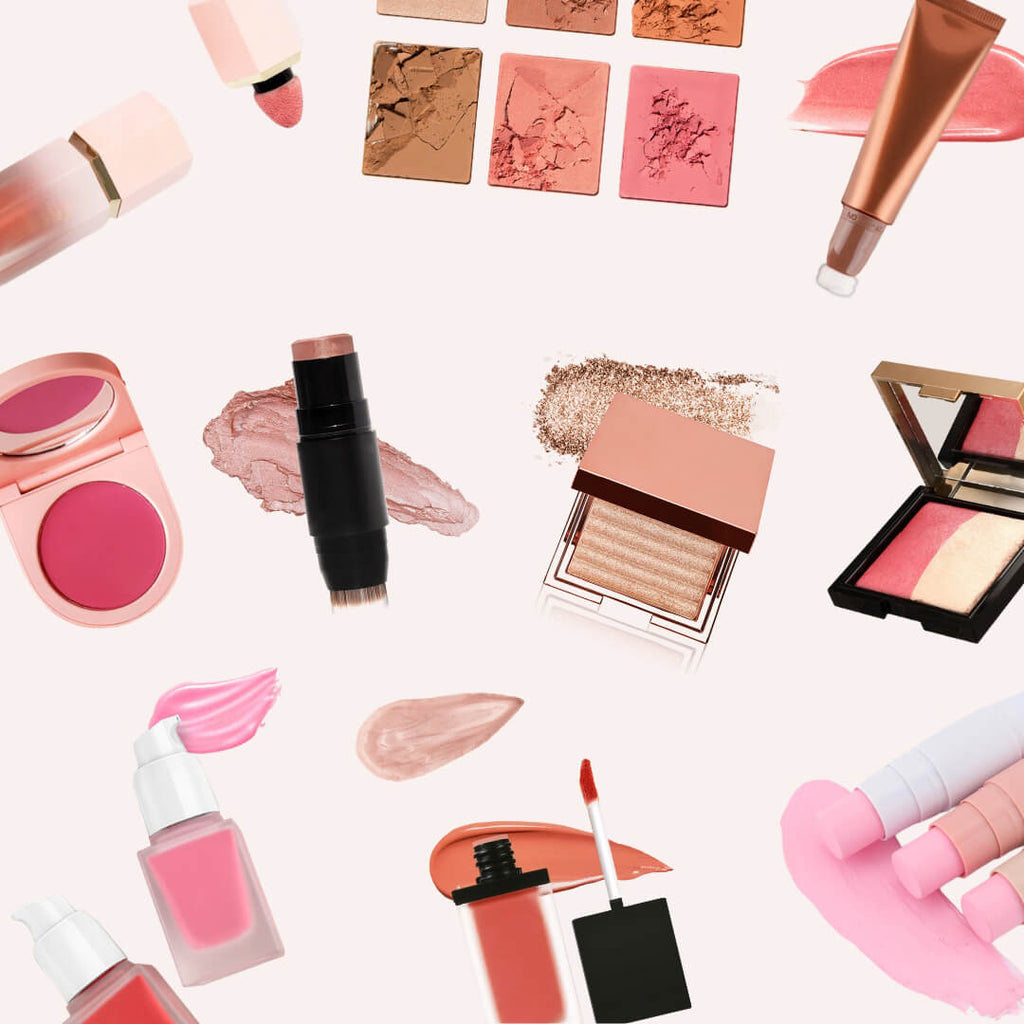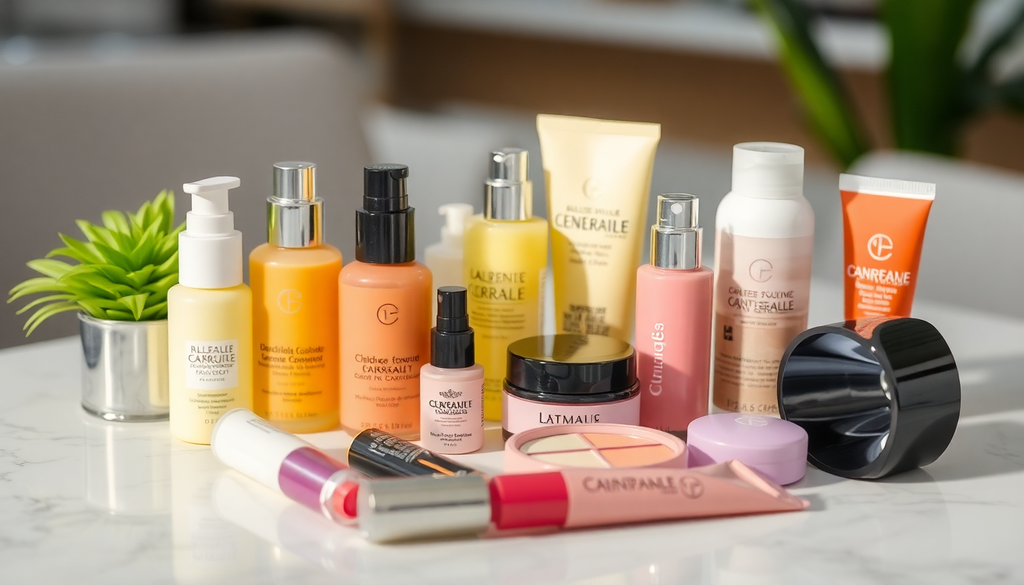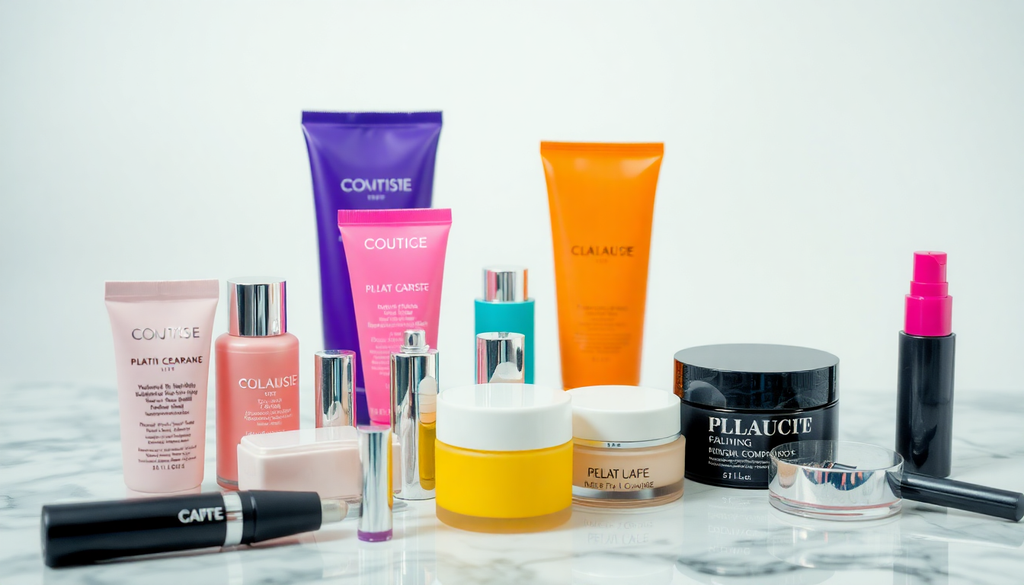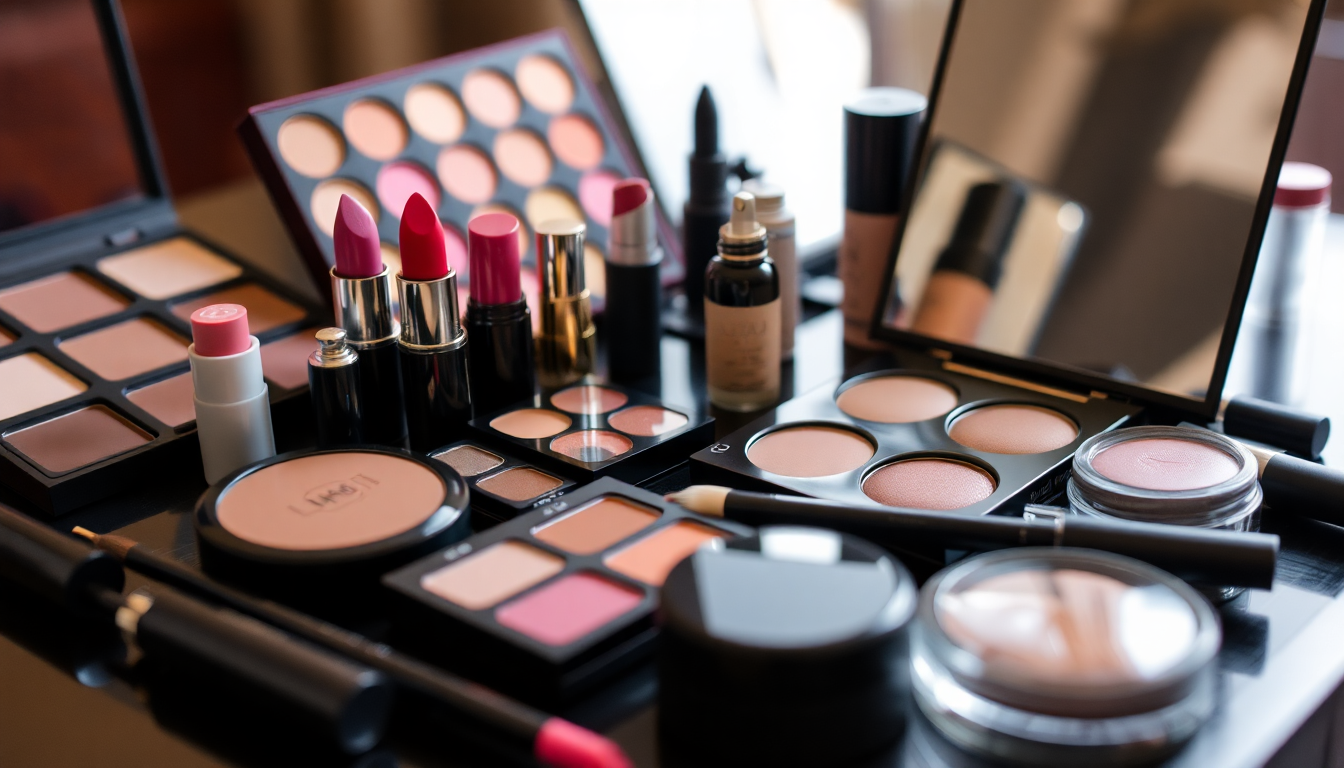
Navigating the Cosmetics Jungle: Essential Tips for Launching Your Private Label Makeup Brand in New Zealand
Introduction
Launching a private label makeup brand in New Zealand can be an exciting venture, filled with opportunities for creativity and entrepreneurship. However, it also requires meticulous planning and an understanding of various factors influencing the cosmetics market. This comprehensive guide will walk you through essential tips to help you navigate the cosmetics jungle successfully.
Understanding New Zealand's Cosmetics Regulations
Before diving into the makeup business, it's crucial to understand the regulatory landscape in New Zealand surrounding cosmetics. Compliance with local regulations ensures not only the safety of your products but also builds trust with your consumers. Here are some key points to consider:
- Consumer Guarantees Act: This act establishes that products must be safe and fit for the purpose intended. Ensure that your makeup products meet these standards to avoid potential legal issues.
- Cosmetic Products Group Standard: Familiarize yourself with this standard, which outlines the labeling, safety, and quality requirements for cosmetic products. It encompasses regulations regarding claims made on product packaging.
- Ingredient Regulations: Some ingredients are restricted or prohibited in cosmetics. Always check the latest guidelines from the New Zealand Ministry of Health to ensure your formulations are compliant.
- Import Regulations: If you plan to import your products or ingredients, you will need to comply with New Zealand Customs regulations. Ensure that your suppliers can provide the necessary documentation for imported goods.
Choosing the Right Manufacturer
The foundation of your private label makeup brand lies in the quality of the products you offer. Selecting a reliable manufacturer is vital. Here are some factors to consider:
- Quality Assurance: Look for manufacturers that have robust quality control measures in place to ensure consistency and safety in their products. Ask for samples and conduct thorough testing.
- Customization Options: A good manufacturer should offer flexibility in terms of customization. This includes formulation, packaging design, and labeling options that align with your brand vision.
- Certifications: Ensure that your chosen manufacturer possesses necessary certifications such as GMP (Good Manufacturing Practices) and ISO certifications. These indicate adherence to industry standards.
- Minimum Order Quantities: While the article does not emphasize minimum order quantities, it's essential to discuss this with potential manufacturers to understand your production costs and inventory management.
Labeling Your Products
Labeling is a critical aspect of selling cosmetics, as it communicates vital information to your consumers. In New Zealand, ensure your labels include:
- Product Name and Description: Clearly state the product name and provide a brief description of its purpose and benefits.
- Ingredient List: List all ingredients in descending order of predominance. This transparency helps consumers make informed choices.
- Net Weight/Volume: Include the amount of product in the container to inform consumers about the size of the product they are purchasing.
- Country of Origin: Clearly indicate where the product was manufactured, which is a requirement for imported cosmetics.
- Instructions for Use and Safety Information: Provide clear usage instructions and any necessary safety warnings to ensure consumer safety.
Setting Up Your Online Store
In the digital age, having a strong online presence is essential for any makeup brand. Here is a step-by-step guide to setting up your online store:
- Choose an E-commerce Platform: Select a platform that meets your needs. Popular options include Shopify, WooCommerce, and BigCommerce. Look for user-friendly interfaces and customizable templates.
- Domain Name and Branding: Choose a memorable domain name that reflects your brand. Develop a cohesive branding strategy, including logos, color schemes, and typography that resonates with your target audience.
- Design Your Website: Ensure your website is visually appealing and easy to navigate. Incorporate high-quality images of your products and include detailed descriptions to enhance the shopping experience.
- Payment Solutions: Integrate reliable payment gateways such as PayPal, Stripe, or Afterpay to facilitate smooth transactions. Offer various payment methods to cater to different customer preferences.
- Shipping Options: Decide on your shipping strategy, including domestic and international options. Provide transparent shipping costs and delivery times to avoid customer dissatisfaction.
- SEO Optimization: Optimize your online store for search engines by using relevant keywords in product descriptions, headers, and meta tags. This will improve your visibility and drive organic traffic to your site.
Marketing Your Makeup Brand
Once your online store is set up, it’s time to attract customers using effective marketing strategies. Here are some proven methods to promote your makeup brand:
- Social Media Marketing: Utilize platforms like Instagram, TikTok, and Facebook to showcase your products. Share engaging content such as tutorials, behind-the-scenes looks, and user-generated content to build a community around your brand.
- Influencer Collaborations: Partner with beauty influencers and bloggers to reach a larger audience. Influencers can help create buzz around your products and provide authentic reviews that resonate with their followers.
- Email Marketing: Build an email list by offering incentives such as discounts or exclusive content. Use email campaigns to announce new product launches, promotions, and personalized recommendations.
- Content Marketing: Create valuable content related to your products, such as blog posts, how-to guides, and skincare tips. This not only engages your audience but also enhances your SEO efforts.
- Promotions and Discounts: Run special promotions, limited-time offers, or bundle deals to encourage purchases. Make sure to promote these on your website and social media channels.
Networking and Building Relationships
Networking within the beauty industry is essential for long-term success. Attend local beauty trade shows, workshops, and industry events to connect with other professionals. Building relationships with suppliers, retailers, and influencers can open doors for collaborations and expand your reach.
Gathering Customer Feedback
Feedback from your customers is invaluable. Encourage reviews and testimonials on your website and social media platforms. Use this information to improve your products and customer service. Positive feedback can also serve as powerful marketing material as potential customers often rely on reviews when making purchase decisions.
Conclusion
Navigating the cosmetics industry in New Zealand requires diligence, creativity, and adaptability. By understanding regulations, choosing the right partners, setting up an effective online store, and executing strategic marketing plans, you can successfully launch and grow your private label makeup brand. Remember, the cosmetics jungle may be complex, but with the right tools and strategies, you can thrive in this vibrant market.

